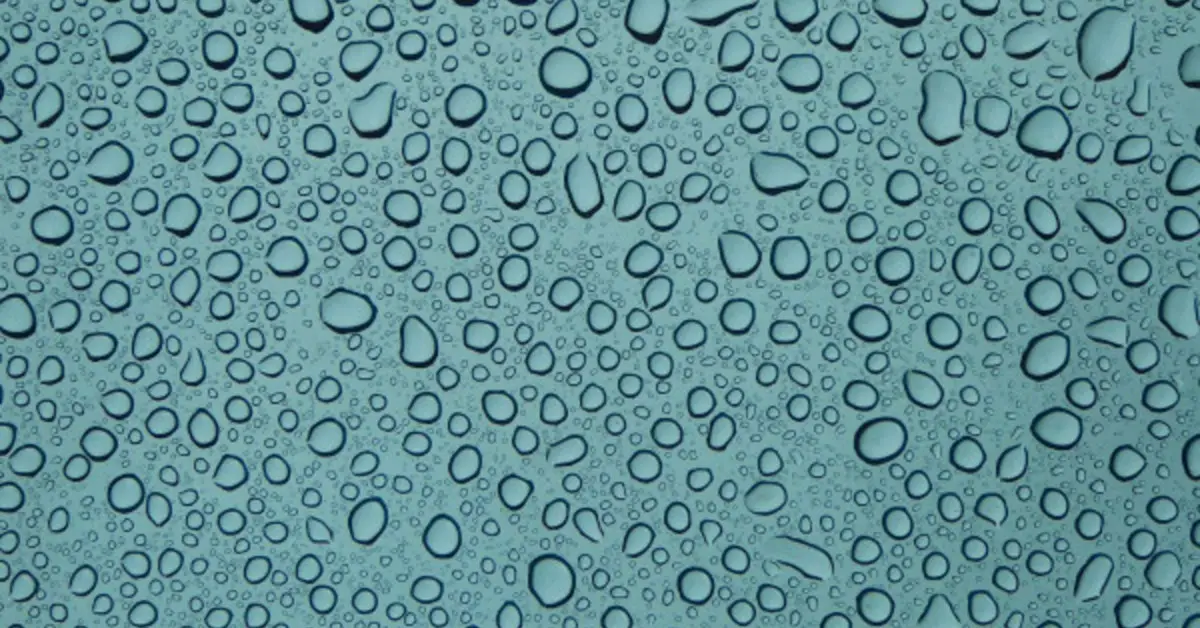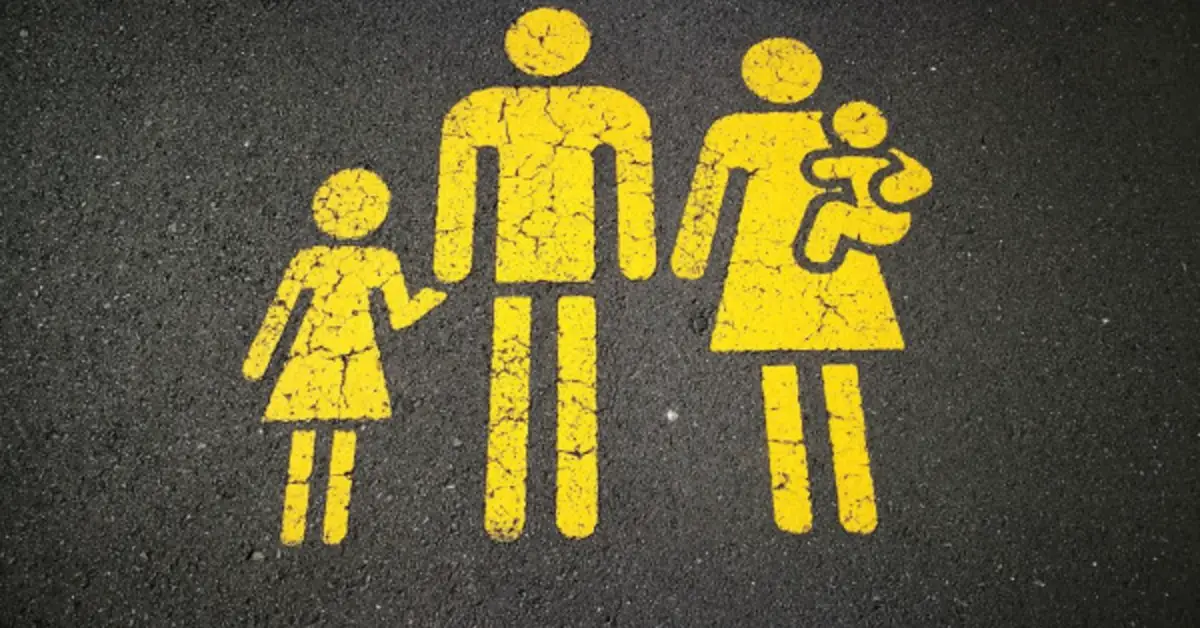
The best tent for camping for you will depend on many factors. In this article, we will explore the different things you need to consider before choosing a camping tent to buy.
Choosing the best tent for camping
Budget

Price is an important factor to consider when you are looking to buy a new tent. If you are just a beginner in the camping and hiking scene, it would be unwise to invest a lot in expensive equipment before you are sure that this hobby really is for you.
For a newbie, the more practical choice would be a low-budget “entry-level” tent for you to test in the nearest campground. After that, if you decide to explore even further, you can then go for an upgrade of a better-suited tent for your use in the longer term.
If you do the opposite-buy the higher-priced tent, and later on decide that camping is really not for you, then you’re stuck with expensive equipment rusting or rotting away in storage.
If you decide to stick to camping, though, this move would save you some dough by not buying the cheap product first to try it out. It will make you come out looking like a smart camper.
It’s best to have a set price range in mind before investing in anything, including gear and equipment such as a tent. That way, you can plan your expenses before going on your very first hiking or camping trip.
A basic starter kit could range from $50 for the barebones minimum tent. The price goes higher as the quality improves. Tents with all the bells and whistles could cost you more than a thousand dollars.
Type Of Camping
One of the important decisions to make when going on a camping trip is whether you will set up camp and stay there for a while or set up camp and move to another location shortly.
This should help you determine what type of tent to bring along. If you are setting up a semi-permanent camp, opt for a more stable tent.
Stationary Camping
If you decide you want to camp at a certain site and stay there for a prolonged period, it would be best to set up a semi-permanent tent-like a teepee or an A-frame type.
These could take longer to assemble, but you can be assured that these will shelter you from bad weather much better.
This will add to the amount of time needed to set up camp, but it will be worth it when unexpected rain or snow comes falling down in the middle of the night.
A well-set-up camp will be worth all the effort when a storm hits, and you’re inside your tent, all safe and dry. That’s being proactive.
Camping on The Move (or Hiking)
On the other hand, if you plan to go fully mobile and regularly move from camp to camp, you will need to bring a more lightweight and portable tent to lessen the weight you have to keep carrying around.
A backpacking or hiking tent would be perfect for this scenario. These tents could be folded and stored in their own bag and could be kept with the rest of your hiking equipment in a backpack.
A hiking tent is also quicker to set up that will require a shorter amount of time, in case you need to search for a good spot to camp in the wilderness.
Whether you plan on staying in one place or hop from one camp to another should steer your decision on what tent to bring. Deciding on this firsthand will help make your preparations for the trip much smoother.
Weather Conditions You Want Your Tent To Withstand

Another way to differentiate tents is by the tent’s season rating. For a total newbie camper, these ratings could be confusing. 1, 2, and 3-Season tents are basically the same. The only slight difference is the material used for the tent.
1, 2, 3-Season Tents
1-Season and 2-Season tents normally use light materials, making it a lot cooler in the summer. 3-Season tents use a more substantial material to repel wind and rain. They may also come with added accessories like a rain fly or a vestibule.
In a way, these types of tents could be used interchangeably. So, instead of buying one for each season, just get the 3-season variety and use it for the other 2 seasons.
4-Season Tents
Alternately, 4-Season tents are used exclusively for the winter season. This type of tent could not be used for the other 3 seasons because the material used is substantially thicker and lacks windows that are a must for the summer season.
Taking this into account, we could say that there are really just 2 seasons when it comes to choosing a tent for camping. There’s winter, and then there’s everything else.
How Many Rooms You Want or Need
Some family tents or tunnel tents have the option to put up a partition to make “rooms” inside the tent. These tents provide some privacy for when guests or other people have to share the same tent.
Or maybe you just want to break up the spaces in the tent to have that “at home” feel. One room could be the bedroom, the other a living room complete with chairs, maybe even a tiny kitchen with a stove.
Some tents have the option of breaking up the tent into 4 or even 5 rooms. These tend to be the larger and more expensive types. The bigger the tent, the higher the price gets.
If you’re on a hiking trip, you will only need one room, and that includes room for your stuff. Most hiking tents are usually just meant for sleeping in, anyway.
How Many People Will Be Sleeping in the Tent

Another factor to take into consideration when shopping for a tent is the amount of square footage it can protect. This is usually stated by the number of people the tent could accommodate.
A one-person tent is the smallest type and can sleep exactly one person. There could be some extra room for a backpack and nothing more.
If you are a solo camper, you may opt for a two-person tent so that your extra gear and equipment will also be safe from getting wet. It’s a bonus not feeling too cramped as well.
You should also consider if you’re going to use an inflatable sleeping bed, that will eat some more of that limited real estate inside the tent. This will directly impact how many people could fit in after all the beds are in place.
The mid-size tent could accommodate four to six persons, while a large family tent could hold up to 12 or more.
Larger tents are usually for car camping, as carrying that much equipment while hiking would be extremely difficult, let alone impractical.
Space
How big is the folded tent? Will you need to fit in your car? These are some other questions you need to answer before choosing what tent to bring.
If you are bringing a popup tent that could fit snugly in your backpack, you’ll need a minimal amount of space.
On the other hand, if you’re planning to take the much bigger family tent, you will need more space to store all the poles and other accessories needed to assemble the tent at the campground.
These are the two things to consider when deciding to bring what type of tent to camp. If you are hiking, you have limited space to fit your tent in.
Conversely, you have a lot more room to store your folded tent if you bring your car or truck to camp. Nevertheless, you still have to consider other stuff you need to bring that could eat up your trunk space.
Setup Time and Effort
Do you need a rapid setup? Then you may have to use a popup tent and get set up in next to no time. This takes the least effort from you in the form of taking the tent out of the bag and watching it pop up, and ready for use instantly.
If you find it hard to set up your tent, despite repeatedly reading the manual, then you should probably switch to a popup. It takes the least amount of time and effort to set up.
On the other hand, if you are an experienced camper, setting up any type of tent should be effortless. Still, you have to allow time to set up camp, so that you can enjoy other outdoor activities once you get the tent all set up.
These are just some tips to help you decide what is the best tent for camping. The answer, as always, is it depends on your use case.
These pointers should help you figure out what’s the best tent to bring on your next camping trip. If not, at least it would have narrowed down your choice to a couple of good options.
